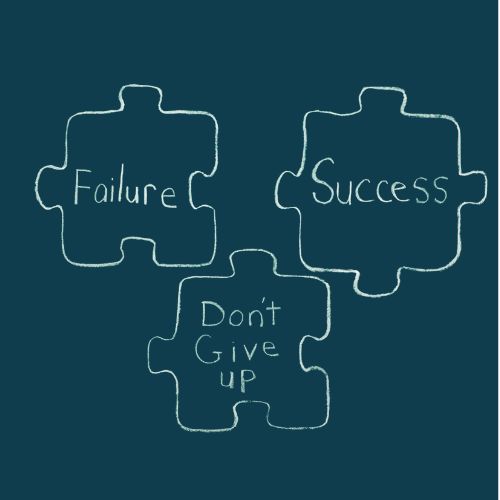
How to Maintain Independence While in a Relationship
In a healthy relationship, it’s essential to balance closeness with individuality. While being in a partnership often means sharing life experiences, it’s equally important to maintain your sense of self and independence. This guide explores practical strategies for couples to uphold their independence while nurturing a strong, connected relationship.
1. Prioritize Self-Care
Self-care is vital for your overall well-being and personal growth. Taking time for yourself helps you recharge and maintain a sense of individuality.
- What to do: Schedule regular time for activities you enjoy, such as reading, exercising, or pursuing hobbies. Communicate your self-care needs with your partner, ensuring they understand that taking time for yourself is essential for your well-being and the health of the relationship.
2. Cultivate Individual Interests
Engaging in personal interests outside of the relationship fosters individuality and enriches your partnership. It allows you to bring new experiences and perspectives to the relationship.
- What to do: Identify hobbies or activities you are passionate about that your partner may not share. Whether it’s joining a sports team, attending art classes, or volunteering, pursuing these interests helps you grow as an individual and enhances the relationship by providing fresh topics for discussion.
3. Set Healthy Boundaries
Establishing clear boundaries is crucial for maintaining independence. It helps define the space you need for yourself and your personal interests.
- What to do: Communicate openly with your partner about your boundaries. For instance, you might set aside specific times for personal activities or designate “me time” each week. Respecting each other’s boundaries encourages mutual trust and understanding.
4. Maintain Strong Friendships
Friendships outside the relationship play a significant role in maintaining your independence. They provide support, fun, and a sense of belonging.
- What to do: Make time for friends by scheduling regular outings or catch-ups. Encourage your partner to do the same. Having a supportive social network helps you feel more fulfilled and less reliant on your partner for emotional needs.
5. Communicate Your Needs
Open communication about your desire for independence fosters understanding and respect in the relationship. It’s essential to express your needs without fear of judgment.
- What to do: When discussing your need for independence, use “I” statements to articulate your feelings. For example, “I need some time to recharge after a busy week” conveys your needs without placing blame or pressure on your partner.
6. Embrace Solitude
Spending time alone is crucial for personal reflection and self-discovery. Embracing solitude can help you reconnect with your own thoughts and feelings.
- What to do: Schedule regular alone time, whether for a solo walk, a day trip, or simply enjoying your favorite pastime. Use this time to reflect on your goals, desires, and interests, helping you maintain clarity about your individuality.
7. Support Each Other’s Independence
In a healthy relationship, both partners should encourage and support each other’s independence. This mutual respect strengthens the bond and allows for personal growth.
- What to do: Celebrate each other’s accomplishments and encourage personal pursuits. For instance, if your partner wants to take a class, support their decision by being enthusiastic and showing interest in their experiences. This mutual support fosters a sense of partnership while allowing for individuality.
8. Establish Joint and Separate Goals
Having shared goals is essential for a successful relationship, but it’s also important to set individual goals that reflect your personal aspirations.
- What to do: Discuss both joint and individual goals with your partner. This can include career aspirations, travel plans, or personal development objectives. Balancing these goals reinforces the idea that you are both individuals with unique paths within the relationship.
9. Avoid Codependency
Codependency occurs when partners become overly reliant on each other for emotional support or validation. It can hinder personal growth and independence.
- What to do: Recognize the signs of codependency, such as feeling anxious when apart or neglecting personal needs for the sake of the relationship. Address any codependent tendencies by working on self-sufficiency and encouraging open communication about feelings and needs.
10. Engage in Healthy Conflict Resolution
Disagreements are natural in any relationship, and how you handle them can impact your independence. Healthy conflict resolution promotes understanding and respect for each other’s perspectives.
- What to do: Approach conflicts with a willingness to listen and compromise. When disagreements arise, take a step back, express your feelings calmly, and work together to find a resolution that respects both partners’ needs.
11. Reflect on Your Relationship Regularly
Regularly reflecting on your relationship helps you assess whether you’re maintaining the right balance between closeness and independence. This self-awareness is vital for personal and relational growth.
- What to do: Schedule regular check-ins with yourself and your partner to discuss how you feel about the relationship dynamics. Ask questions like, “Am I maintaining my interests?” or “Do I feel supported in my independence?” Open discussions can identify areas for improvement and strengthen the bond.






